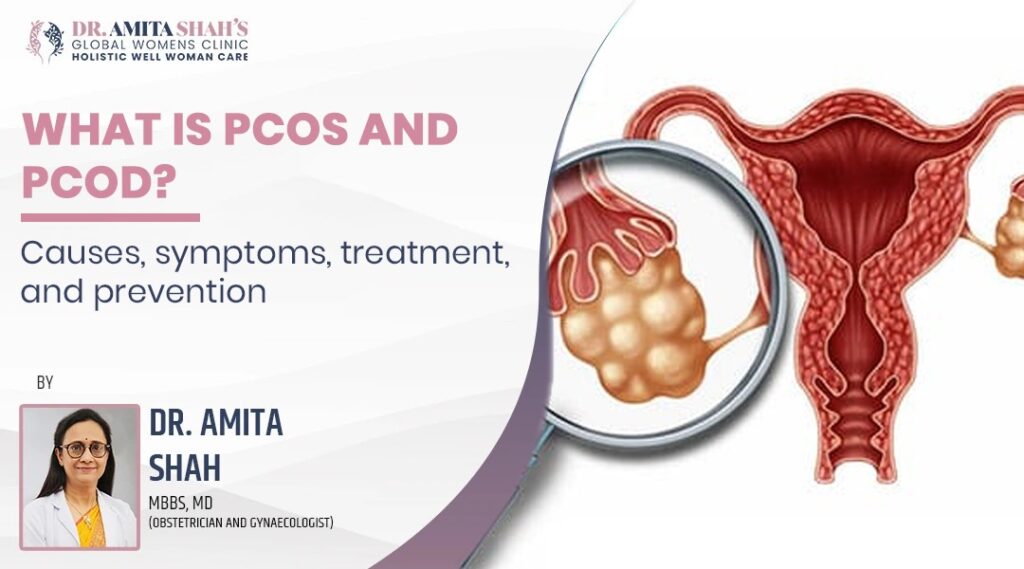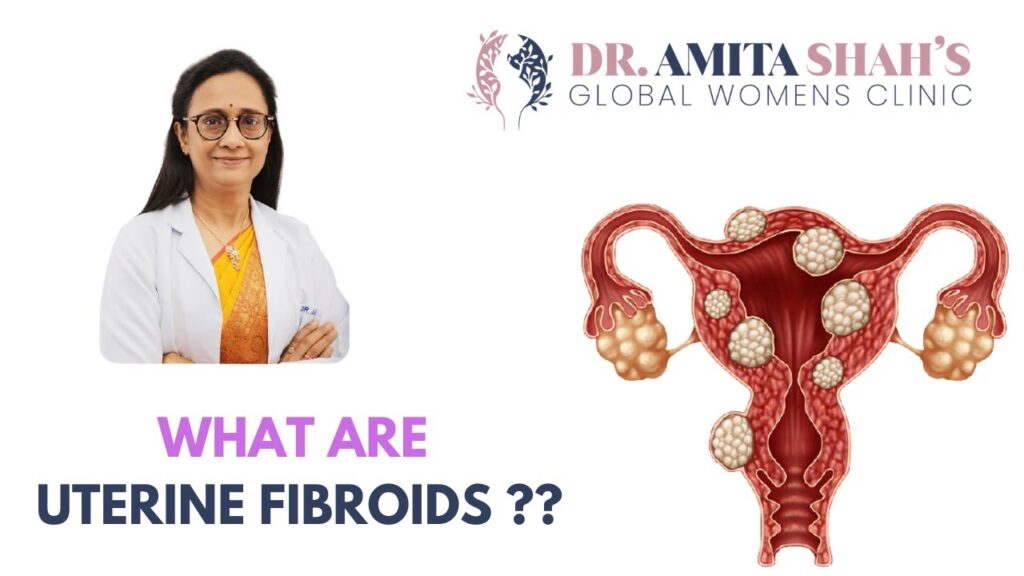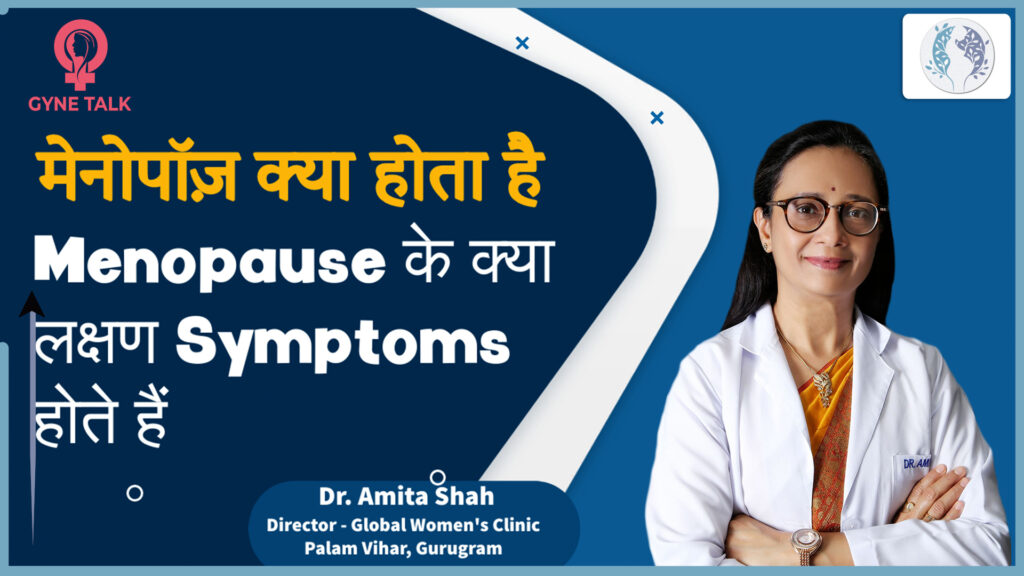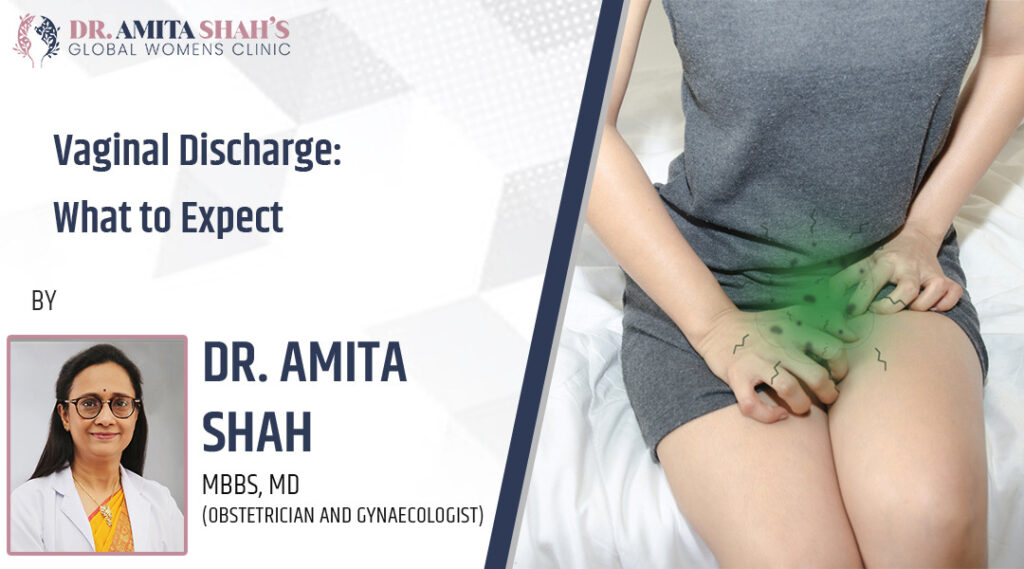PCOS and PCOD are two common hormonal disorders that affect women of reproductive age. PCOS stands for Polycystic Ovary Syndrome, while PCOD stands for Polycystic Ovary Disease. In this blog post, we will discuss in detail what these conditions are, what causes them, their symptoms, and how they can be treated and prevented.
What is PCOS and PCOD?
PCOS and PCOD are hormonal disorders that affect the ovaries in women. PCOS is a condition in which the ovaries produce high levels of androgens (male hormones), which can lead to irregular menstrual cycles, weight gain, and acne. PCOD, on the other hand, is a condition in which the ovaries develop small cysts (fluid-filled sacs) that can interfere with ovulation and cause hormonal imbalances.
Both PCOS and PCOD are common conditions, with PCOS affecting 1 in 10 women of reproductive age and PCOD affecting 1 in 5 women.
Causes of PCOS and PCOD
The exact causes of PCOS and PCOD are not fully understood. However, both conditions are believed to be caused by a combination of genetic and environmental factors.
In the case of PCOS, there is often an underlying insulin resistance, which can lead to elevated insulin levels in the body. This can cause the ovaries to produce more androgens, leading to the hormonal imbalances associated with PCOS.
Similarly, PCOD is also thought to be caused by hormonal imbalances, with insulin resistance and elevated androgen levels playing a role in the development of the condition.
Symptoms of PCOS and PCOD
The symptoms of PCOS and PCOD can vary from woman to woman, but some of the common symptoms include:
1. Irregular menstrual cycles: Women with PCOS and PCOD may experience infrequent or prolonged menstrual periods.
2. Hormonal imbalances: Elevated levels of androgens can cause acne, excess facial and body hair, and male-pattern baldness.
3. Weight gain: Women with PCOS and PCOD may struggle with weight gain and have difficulty losing weight.
4. Infertility: Both conditions can interfere with ovulation and make it difficult for women to conceive.
5. Sleep apnea: Women with PCOS and PCOD may be at higher risk for sleep apnea, a condition in which breathing stops and starts during sleep.
Mood disorders: Women with PCOS and PCOD may be at higher risk for depression and anxiety.
Treatment and Prevention of PCOS and PCOD
While there is no cure for PCOS and PCOD, there are several treatment options available to manage the symptoms of this condition
Lifestyle changes: Maintaining a healthy weight through diet and exercise can help regulate menstrual cycles, reduce insulin resistance, and improve overall health.
1. Medications: Hormonal birth control, metformin, and spironolactone are some of the medications that may be prescribed to manage the symptoms of PCOS and PCOD.
2. Fertility treatments: Women who are struggling to conceive may benefit from fertility treatments such as ovulation induction or in vitro fertilization (IVF).
3. Surgery: In rare cases, surgery may be necessary to remove ovarian cysts or to correct other abnormalities in the reproductive system.
Preventing PCOS and PCOD involves maintaining a healthy lifestyle and reducing the risk factors associated with these conditions. This includes maintaining a healthy weight, reducing stress, and avoiding smoking and excessive alcohol consumption.
In conclusion, PCOS and PCOD are common hormonal disorders that can have a significant impact on a woman’s reproductive and overall health. While there is no cure for these conditions, there are several treatment options available to manage the symptoms and improve quality of life.
Related Post
































